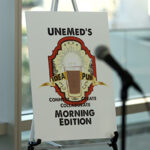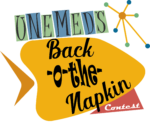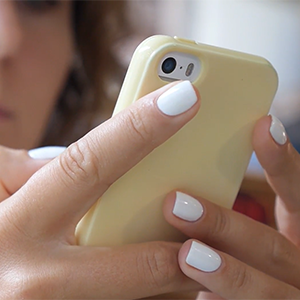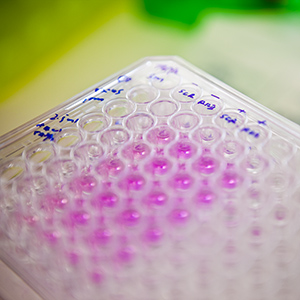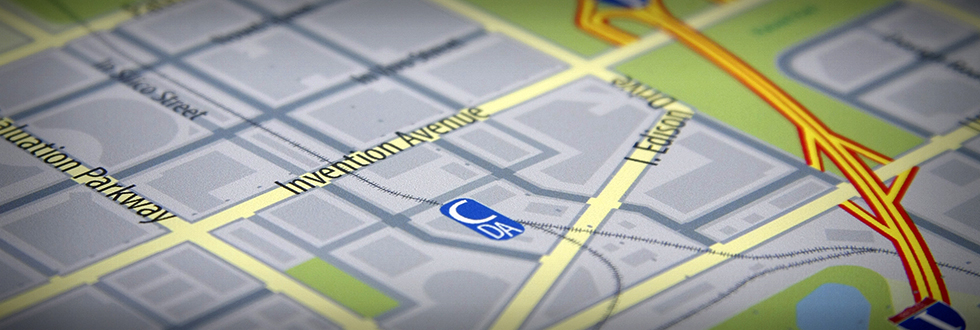
Inventors first disclose their ideas to UNeMed representatives, who then evaluate the ideas for patentability and market potential. Ideas that pass this evaluation stage will then be marketed to commercial partners to establish collaborations and licensing deals to further develop those innovations into market-ready products for the public good.
It is important to disclose your invention to UNeMed BEFORE any public disclosure is made.
UNeMed encourages all inventors to fill out a New Invention Notification (NIN) and contact us at unemed@unmc.edu or (402) 559-2468.
Download New Invention Form NEW! Submit your invention online here!
For more information on our process please expand the topics below. If you have any questions contact our Licensing Staff.
NIN: UNMC & UNO personnel
Inventions | MTA | CDA | Intellectual Property | Startups | Licensing | Technologies


